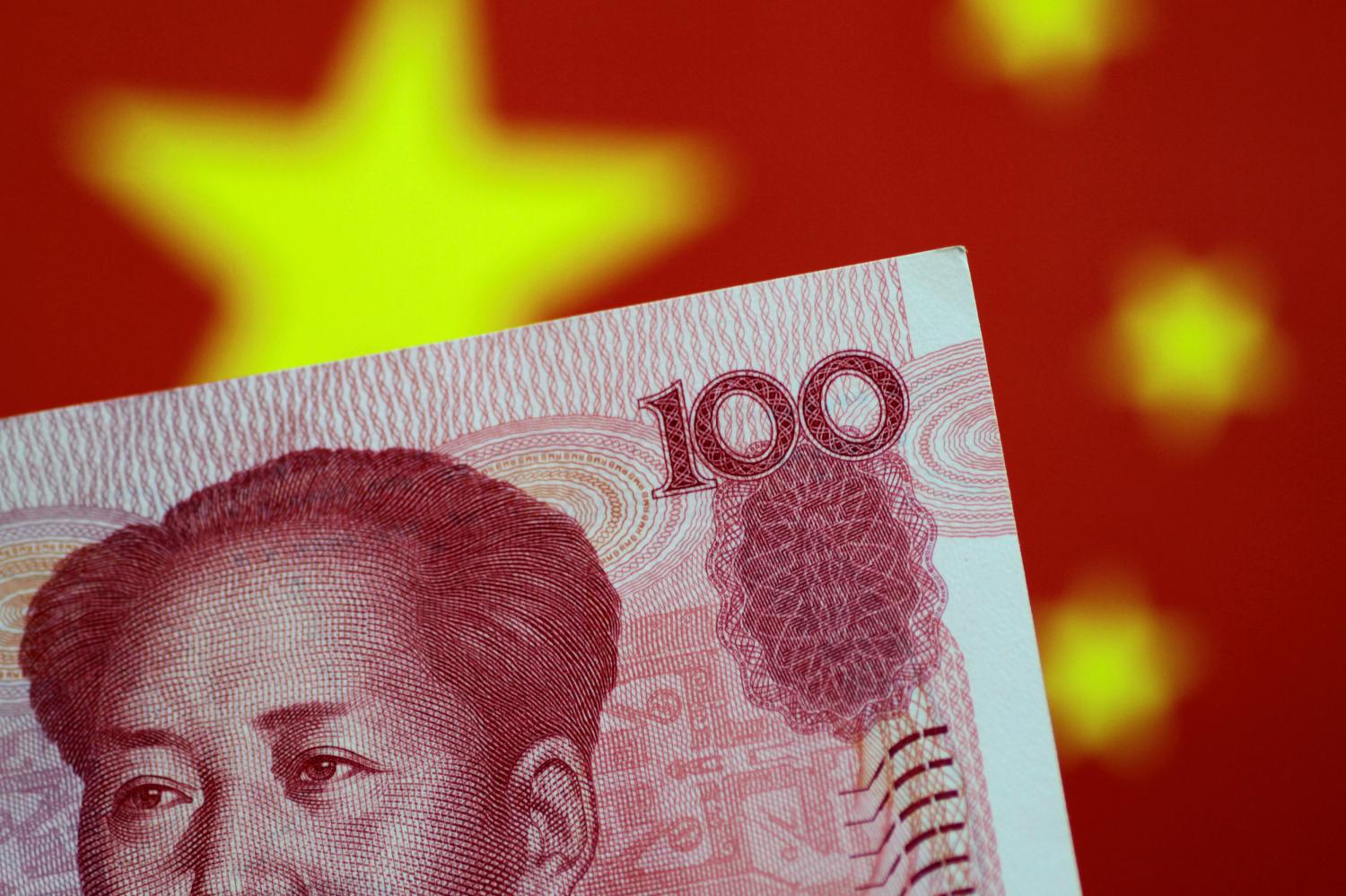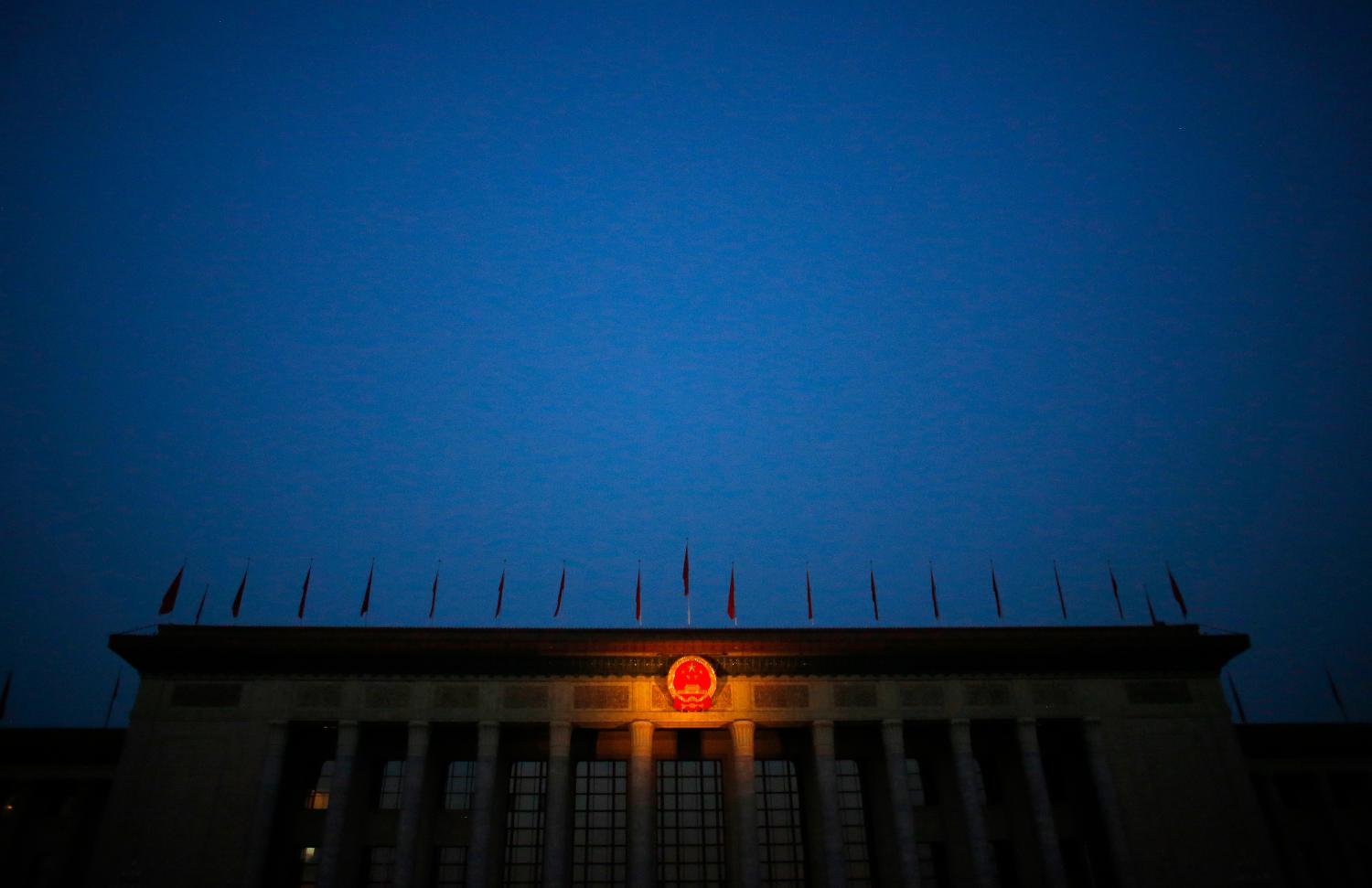Executive Summary
 Though historically China has been a sanctions recipient, with only a few isolated incidents of using sanctions in return, this situation is likely going to change in the years to come. China’s global economic position — as well as its ambitions to serve as not only a global power, but also potentially the leading international power — will push it to consider means of exerting international leverage.
Though historically China has been a sanctions recipient, with only a few isolated incidents of using sanctions in return, this situation is likely going to change in the years to come. China’s global economic position — as well as its ambitions to serve as not only a global power, but also potentially the leading international power — will push it to consider means of exerting international leverage.
The United States has shown vividly in the last 30 years that sanctions are one means to this end, and Chinese scholars are demonstrating increasing facility with sanctions doctrine. China’s increasing assertiveness in economic sanctions will allow it to not only hit back directly against the United States with retaliatory measures, but also to develop independent rationales to apply sanctions in pursuit of Chinese policy objectives. China may begin using sanctions as an affirmative instrument of policy. The United States is vulnerable to disruptions in U.S.-Chinese economic ties. The U.S. reliance on Chinese financing, especially for U.S. national debt, and Chinese economic growth in areas where the U.S. typically excels demonstrate China’s capacity to target the U.S. To combat this potential emerging threat, the United States should seek first to negotiate with China on ways to avoid conflict. But, given the likelihood of competition nonetheless, the United States should also add sanctions development to its crisis management process, and increase intelligence and analytical capabilities that focus directly on Chinese sanctions doctrine and practice.
The Brookings Institution is committed to quality, independence, and impact.
We are supported by a diverse array of funders. In line with our values and policies, each Brookings publication represents the sole views of its author(s).





